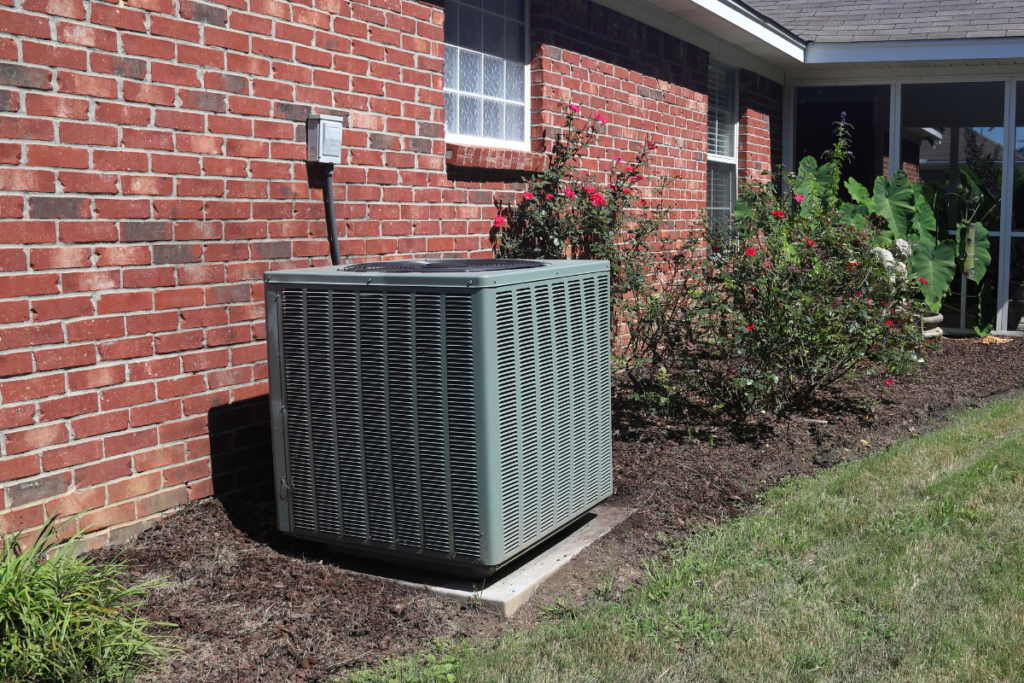
Essential HVAC Maintenance and Repair Tips for Homeowners
Maintaining and repairing your HVAC system is crucial for keeping your home comfortable and ensuring the safety of your family. Regular upkeep can also enhance the system’s energy efficiency and help prevent costly repairs. This guide will walk you through essential HVAC maintenance tasks to help keep your system in peak condition.
1. Change Your Air Filters Regularly
One of the easiest and most effective ways to maintain your HVAC system is to change your air filters frequently. Dirty filters restrict airflow, forcing your system to work harder, which can lead to higher energy bills and potential damage. It’s recommended to replace your filters every 1 to 3 months, depending on usage and the type of filter you use.
2. Clean the Coils
The coils in your HVAC system are vital for cooling and dehumidifying the air passing through them. Over time, dirt and debris build up on the coils, reducing their efficiency and potentially causing damage. To clean the coils, gently use a soft brush or vacuum cleaner, taking care not to bend or damage the delicate fins.
3. Check Your Thermostat
Your thermostat is the control center of your HVAC system, regulating temperature and settings. Make sure it’s working properly by checking that it’s level, clean, and free of dust. Consider upgrading to a programmable or smart thermostat for more precise control and increased energy savings.
4. Inspect Your Ductwork
Leaky or damaged ductwork can cause significant energy loss and reduce system efficiency. Regularly inspect your ducts for signs of wear or damage, and seal any leaks using duct tape or mastic sealant. Additionally, professional duct cleaning can enhance indoor air quality and optimize system performance.
5. Schedule Annual Maintenance
Even if your HVAC system seems to be running smoothly, scheduling annual maintenance with a professional is essential. A trained technician can perform a thorough inspection, clean and lubricate components, and identify minor issues before they become major, expensive problems.
6. Troubleshoot Common Problems
If your HVAC system isn’t working as expected, there are some basic troubleshooting steps you can take before calling a professional. Check the thermostat batteries, ensure power is flowing to the unit, and inspect for any visible debris or damage around the system. Many times, small issues like a tripped breaker or a dirty air filter can cause bigger problems.
7. Repair or Replace?
If your HVAC system frequently breaks down, requires expensive repairs, or is more than 10 years old, it may be time to consider replacing it. Investing in a new, energy-efficient system can provide long-term comfort, reliability, and cost savings.
By following these simple maintenance and repair tips, you can extend the life of your HVAC system and keep it running efficiently. If you’re ever unsure about performing maintenance or repairs, always consult a professional HVAC technician to ensure your system is in good hands.
